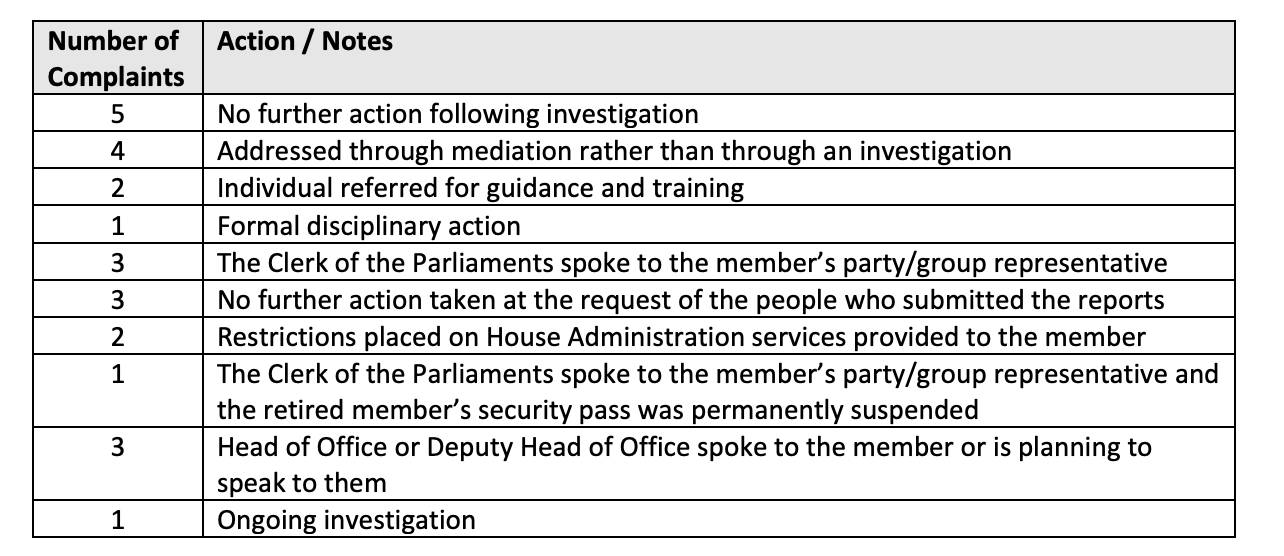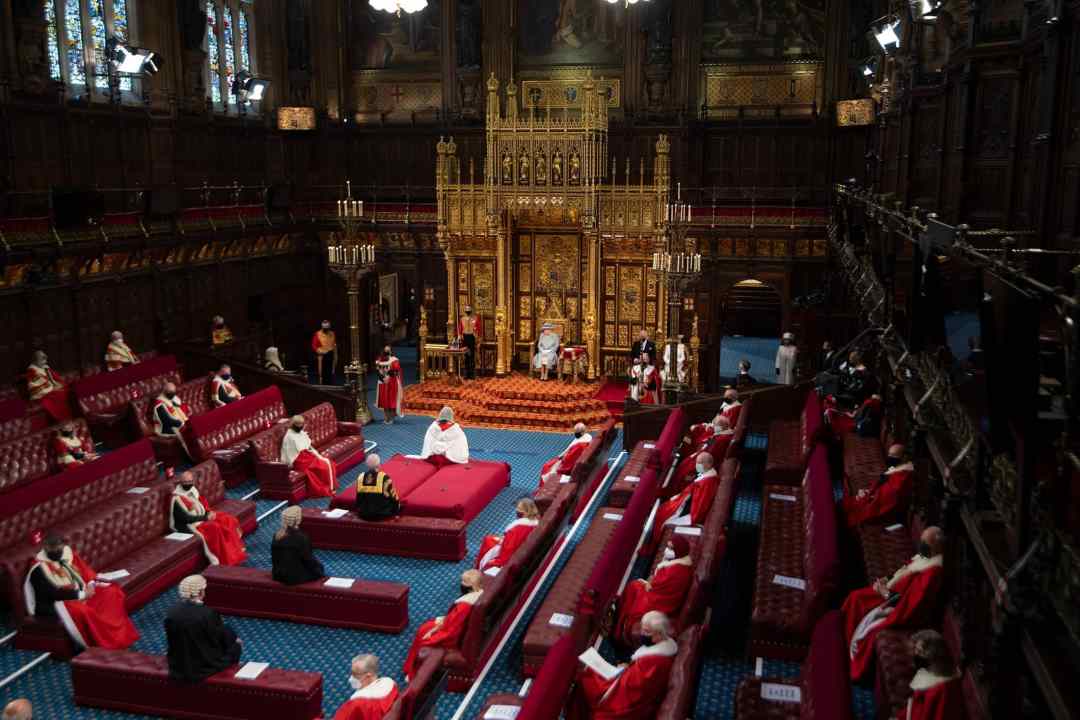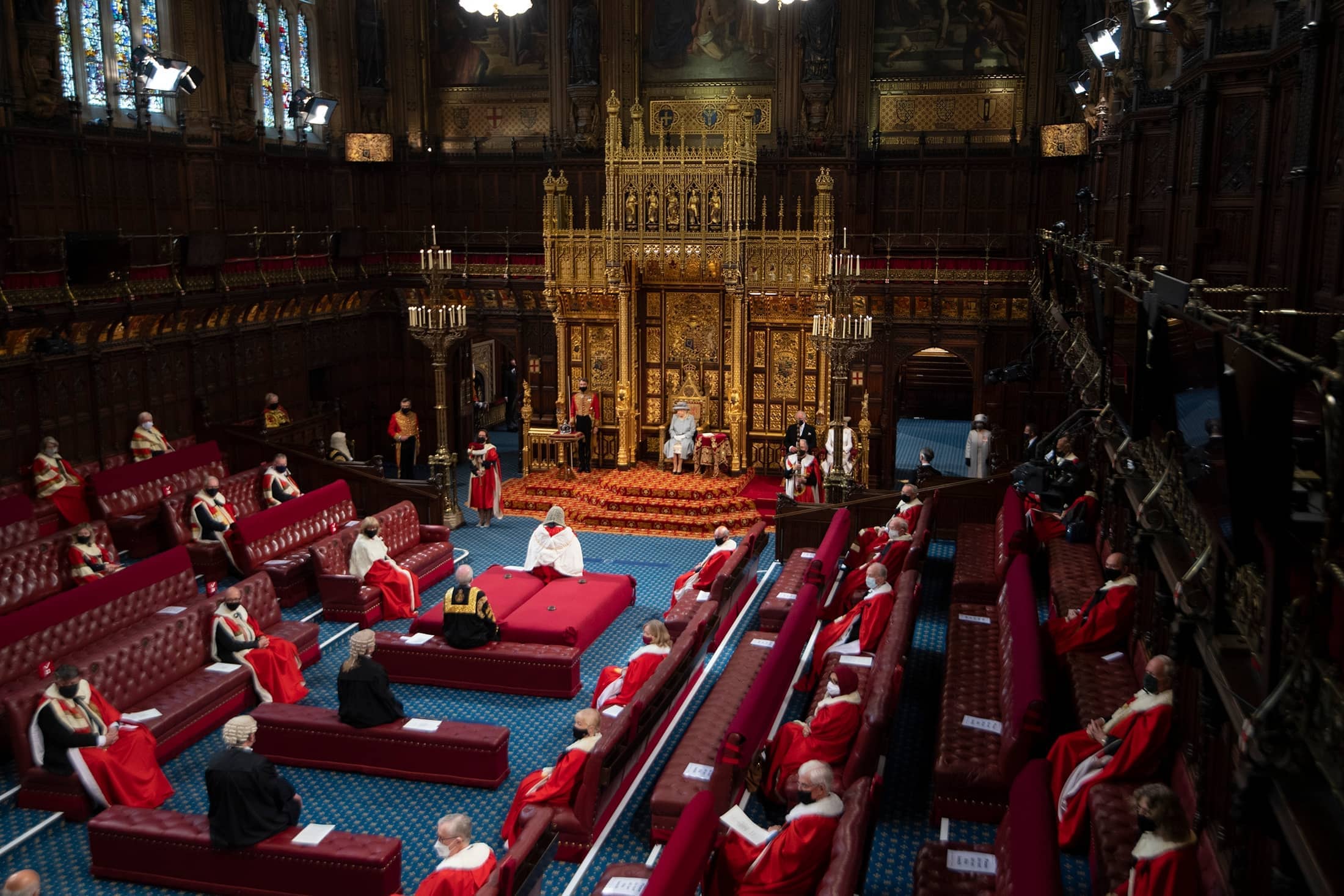While much ink has been spilled over the Covid Commons, far less has been written about the Lords. Overlooked and unloved, the impact of the pandemic on the Upper House has attracted little of the attention granted to their elected counterparts – despite increasing rumblings about the chamber’s future direction. In September, Mr S brought news of discontent among peers at recent efforts by self-styled modernisers in the Palace to usurp what many feel are the traditional rights of members of the Upper House.
Lord Forsyth, the newly elected chair of the Association of Conservative Peers, cited discontent with the administration of the House as a major factor in his victory, telling Mr S that: ‘the House of Lords has been taken over by a commission where decisions are taken without proper consultation – it is no longer becoming a self-governing institution.’
And such fears will not allayed by fresh figures seen by Steerpike which show that more than £288,000 will be spent this year on diversity training and services for peers and staff, including some £105,000 on ‘workplace culture and behaviour.’ These include more than £2,500 on training and inclusivity webinars on ‘challenging microaggressions’ and being ‘LGBT+ Allies’ alongside more than £23,000 on the notorious ‘Valuing Everyone’ sexual harassment courses which saw the nonagenarian Betty Boothroyd probed by a parliamentary watchdog. An additional £13,900 is spent each year on memberships of ‘inclusivity’ organisations including £3,000 to the controversial charity Stonewall to access ‘online and in-person advice on policy and best practice in LGBT inclusion.’
And that’s not all: according to Deputy Speaker Lord Gardiner there are also three full-time professional staff employed in the Lords ‘Inclusion and Diversity Team’ whose annual budget runs to £172,640. This of course is just centralised spend on ‘learning and development interventions’ which are ‘related to culture and behaviour’; other individual offices have ‘localised training budgets’ meaning that the true cost is likely higher.
Yet for all this spending, there’s little sign that such standards are any better as a result. A Freedom of Information request to the Lords shows that since the landmark report by Naomi Ellenbogen QC in June 2019, there were 71 complaints received by the House of Lords Commissioner for Standards relating to bullying, harassment and inappropriate conduct involving peers up until October 2021.
Just 18 of these 71 complaints – or 25 per cent – were assessed to be within the scope of the Code of Conduct and were investigated by the Commissioners. The remaining 53 fell outside the scope of the Code and were therefore dismissed at the preliminary assessment stage, meaning that three in four complaints against peers were not scrutinised by the House of Lords authorities.

Of these 18 complaints, five had ‘no further action after investigation,’ six peers were referred for behavioural training, one member was suspended for four investigations about them and referred to training. Another member had to write a letter of apology with two of these cases currently under an ongoing investigation.
Separately, the Lords also received 25 complaints about bullying, harassment and inappropriate conduct which were not directed to the Commissioners for investigation. Of these 12 were about peers and 13 about staff in the House of Lords: notably one member who had retired from the chamber had their security pass removed for such behaviour.

Is such taxpayer-funded largesse making a difference to the Lords’ culture? Mr S looks forward to finding out.








Comments